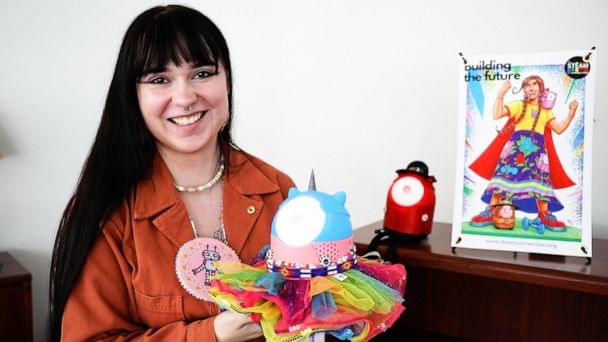You will not believe what we’re about to tell you — scientists have just created the very first Dino
chicken!
Using chicken DNA, they’ve proven how evolution works, and we might just see dinosaurs roam.
the Earth again. It’s our one chance to live out a real-life version of Jurassic Park!
So, join us as we learn how scientists took chicken DNA and created the chickenosaurus’
’
Disclaimer Fair Use:
1. The videos have no negative impact on the original works.
2. The videos we make are used for educational purposes.
3. The videos are transformative in nature.
4. We use only the audio component and tiny pieces of video footage, only if it’s necessary.
DISCLAIMER:
Our channel is purely made for entertainment purposes, based on facts, rumors, and fiction.
Copyright Disclaimer under section 107 of the Copyright Act 1976, allowance is made for “fair use” for purposes such as criticism, comment, news reporting, teaching, scholarship, education, and research. Fair use is a use permitted by copyright statutes that might otherwise be infringing.


